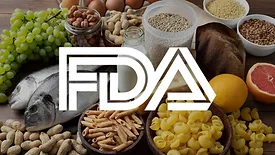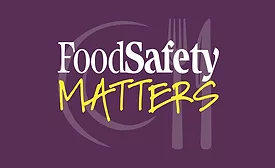FDA
No Reason to Wait: Prepare Now for FSMA Rule 204
Do you understand what your business needs to do, and are you ready to meet the FSMA Rule 204 requirements?
August 18, 2025
Food Labeling: Are Standards Being Relaxed or Recovered?
Food labeling operates at the intersection of public policy and private enterprise, fulfilling regulatory obligations and influencing purchasing decisions
August 13, 2025
Never miss the latest news and trends driving the food safety industry
Newsletters | Website | eMagazine
JOIN TODAY!Copyright ©2026. All Rights Reserved BNP Media.
Design, CMS, Hosting & Web Development :: ePublishing










.webp?height=168&t=1691503719&width=275)
